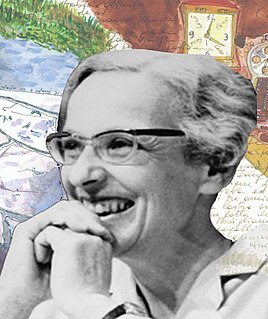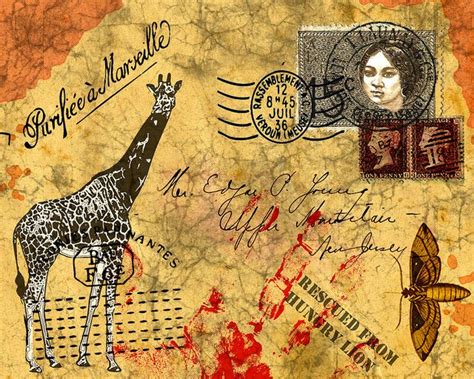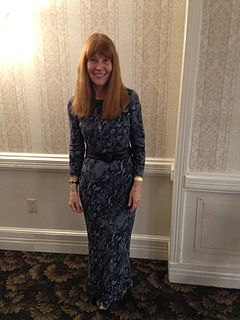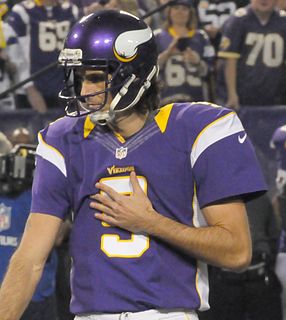A Quote by Paulo Coelho
I like to use the term alchemy, which is the soul of the world, or those of Jung's collective unconscious. You connect with a space where everything is.
Quote Topics
Related Quotes
The collective unconscious appears to consist of mythological motifs or primordial images, for which reason the myths of all nations are its real exponents. In fact the whole of mythology could be taken as a sort of projection of the collective unconscious. We can see this most clearly if we look at the heavenly constellations, whose originally chaotic forms are organized through the projection of images. This explains the influence of the stars as asserted by astrologers. These influences are nothing but unconscious instrospective perceptions of the collective unconscious.
As I've gone into soul and soul-land, and I connect with my soul and my ego, and my life is colored by my soul - people can identify from their ego, which is who they thought they are. The soul, which is who they really are, if they choose that transfer to the soul, then you live in an ocean of love.
Philemon explained how Jung treated thoughts as though they were generated by himself, while for Philemon thoughts were like animals in the forest, or people in a room, or birds in the air. Jung concluded that Philemon taught him psychic objectivity, the reality of the psyche. This helped Jung to understand that there is something in me which can say things that I do not know and do not intend.
The term "self" seems a suitable one for the unconscious substrate whose actual exponent in consciousness is the ego. The ego stands to the self as the moved to the mover, or as object to subject, because the determining factors that radiate outward from the self surround the ego on all sides and are therefore supraordinate to it. The self, like the unconscious, as an a priori existent out of which the ego evolves. It is, so to speak, an unconscious prefiguration of the ego. It is not I who create myself; rather, I happen to myself.
Much of traditional magic takes place by the light of the Moon. In the night world we are closer to the unconscious, the hidden, that which has yet to be made manifest, that which is suppressed and as yet realized. Past, present, and future are simultaneously one in the realm of the unconscious. Night is when this world and the other world can meet.
Humility consists of knowing that in this world the whole soul, not only what we term the ego in its totality, but also the supernatural part of the soul, which is God present in it, is subject to time and to the vicissitudes of change. There must be absolutely acceptance of the possibility that everything material in us should be destroyed. But we must simultaneously accept and repudiate the possibility that the supernatural part of the soul should disappear.
Think of a single word. We'll use soul as our example. How do you define soul? Is it the same definition I use? Can it ever be it? My soul is not your soul. Our souls, our definitions, are shaped by the singular and cumulative experiences in our lives, the emotional weight we attach to a concept forever locked in the space behind our own eyes.



































